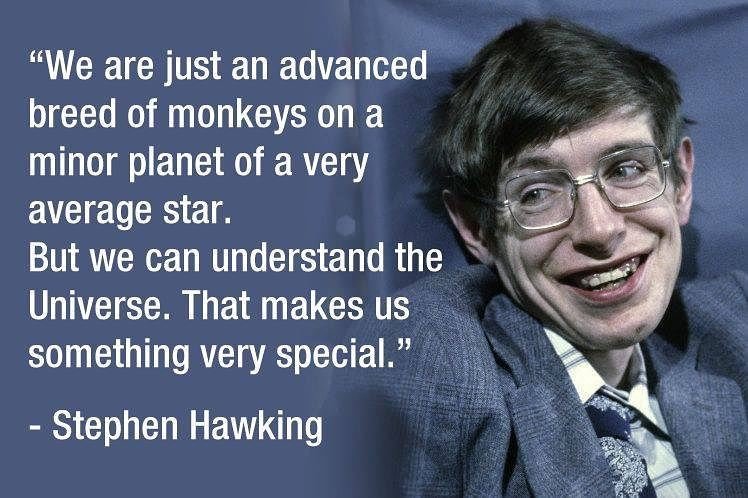Sublime
An inspiration engine for ideas
"What I Learned About UFOs Challenged My Understanding Of The Universe And Our Place In It"
This was a fantastic 2022 interview. It was so good that I transcribed the hell out of it and added lots of stuff.
Watch it and read... See more
Joe Murgiax.comEverything is made of atoms. That is the key hypothesis. The most important hypothesis in all of biology, for example, is that everything that animals do, atoms do. In other words, there is nothing that living things do that cannot be understood from the point of view that they are made of atoms acting according to the laws of physics. This was not
... See moreRobert B. Leighton • Six Easy Pieces: Essentials of Physics Explained by Its Most Brilliant Teacher
any theory of the structure of the universe in all but its earliest stages must take a position on what life will or will not be doing by then. There is no getting away from it: the future history of the universe depends on the future history of knowledge. Astrologers
David Deutsch • The Fabric of Reality
13.8: The Quest to Find the True Age of the Universe and the Theory of Everything
amazon.com
Neil deGrasse Tyson explains the Earth’s ocean tides 🌎 🌊 #science #space
#space #shorts #history
#cosmology #universe
#shorts #asteroid
#Mars #NASA
#AstroPhotography
#universe #Astronomy #physics #cosmic #explore... See more
the_unveiled_universeinstagram.comBREAKING: Our world is an information theory-based simulation. Our physical worlds are rendered locally by conscious observer nodes. MIT/Stanford trained @Rizstanford provides a master compendium of evidence for the simulation hypothesis in our latest documentary (full vid in reply!):
1. The building blocks of reality... See more
Jesse Michelsx.comThe physical laws are remarkably fit for life, yet there is no evidence of anybody out there.
Thomas Hertog • On the Origin of Time: Stephen Hawking's Final Theory

Stephen Hawking, physicist who reshaped cosmology, dies aged 76.
He did his very best. R.I.P.
-
#stephenhawking #thetheoryofeverything #blackholes #cosmology #unionofgeneralrelativityandquantumtheory
instagram.com